Home>diy>Building & Construction>What Does QA/QC Mean In Construction
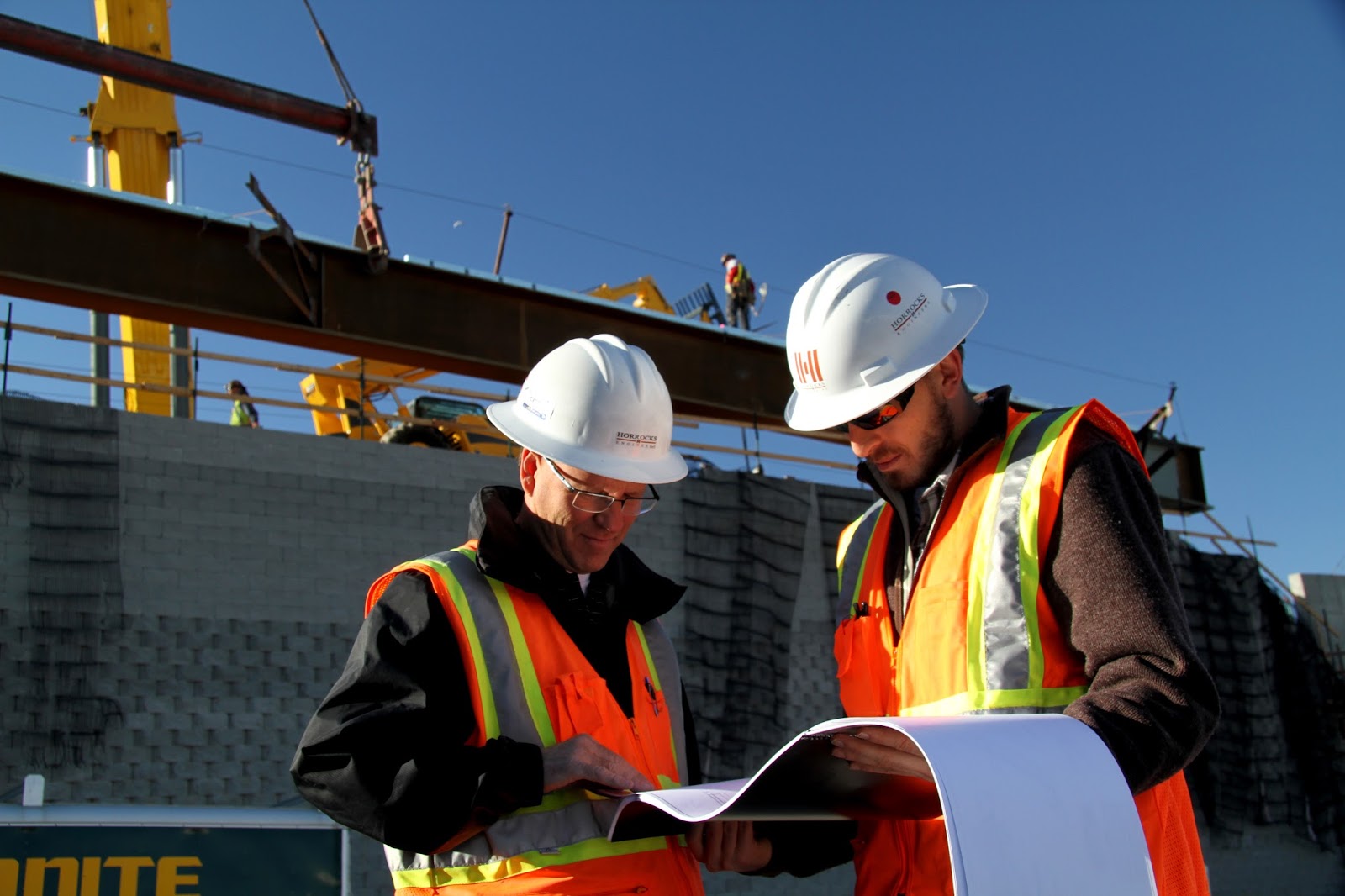

Building & Construction
What Does QA/QC Mean In Construction
Modified: September 1, 2024
Discover the meaning of QA/QC in the context of building construction and its importance in ensuring quality and compliance. Gain insights into the role of quality assurance and quality control in construction projects.
(Many of the links in this article redirect to a specific reviewed product. Your purchase of these products through affiliate links helps to generate commission for Storables.com, at no extra cost. Learn more)
Introduction
Welcome to the exciting world of construction! In this industry, having a solid understanding of quality assurance and quality control (QA/QC) is essential to ensure the successful completion of projects. Whether you’re a construction professional or just curious about the field, this article will provide you with comprehensive insights into what QA/QC means in construction and its significance in ensuring project excellence.
QA/QC is a critical component of the construction process that focuses on maintaining high-quality standards and ensuring that projects meet all necessary requirements and regulations. It involves a systematic approach to prevent defects, identify issues, and implement corrective measures to achieve the desired level of quality throughout the construction lifecycle.
Construction projects are complex and involve various stakeholders, including architects, engineers, contractors, and subcontractors. Each party has a specific role to play in ensuring that the project meets the defined standards. The implementation of QA/QC practices helps streamline these processes, minimize risks, and ultimately deliver a superior end product.
As the construction industry continues to evolve and innovate, the importance of QA/QC has become even more crucial. Clients and investors increasingly demand higher levels of quality, and regulatory bodies have tightened their oversight to ensure compliance with safety and environmental standards. By implementing effective QA/QC measures, construction professionals can meet and exceed these expectations, enhancing their reputation and increasing customer satisfaction.
Furthermore, QA/QC plays an integral role in minimizing rework and avoiding costly delays. By identifying and resolving issues early on, construction projects can stay on schedule and within budget. This not only benefits project stakeholders but also contributes to the overall efficiency and productivity of the construction industry.
In the following sections, we will delve deeper into the definition of QA/QC in construction, its processes and procedures, the role of QA/QC professionals, the benefits of implementing QA/QC, the challenges faced, and the best practices for effective QA/QC in construction.
So, let’s strap on our hard hats and get ready to explore the world of QA/QC in construction!
Key Takeaways:
- Quality Assurance (QA) and Quality Control (QC) are indispensable in construction, ensuring compliance, minimizing rework, and enhancing safety. By embracing a proactive approach and fostering a culture of quality, construction professionals can navigate challenges and deliver high-quality projects.
- Implementing effective QA/QC practices offers benefits such as improved quality, reduced costs, and increased customer satisfaction. By integrating best practices and leveraging technology, construction professionals can create a competitive advantage and drive continuous improvement in the industry.
Definition of QA/QC in Construction
In the construction industry, Quality Assurance (QA) and Quality Control (QC) are two essential terms that encompass a set of processes, procedures, and strategies to ensure that construction projects meet specific quality standards. While QA and QC are closely related, they have distinct roles and responsibilities.
Quality Assurance (QA) refers to a systematic approach that focuses on preventing defects and ensuring that the processes used in construction meet the required standards. QA involves creating and implementing quality management systems, policies, and procedures to establish guidelines and ensure consistency throughout the project lifecycle. It involves conducting inspections, audits, and reviews to identify any potential issues or areas of improvement.
On the other hand, Quality Control (QC) deals with the actual verification of the project’s quality at various stages. QC is a reactive process that involves conducting inspections, conducting tests, and carrying out other quality control activities to identify and rectify any defects or non-compliance. It aims to ensure that the final product or deliverables meet the specified quality standards.
Both QA and QC are essential components of construction projects and work hand in hand to ensure quality and deliver a successful end result. QA focuses on preventing issues from arising, while QC is responsible for detecting and correcting any issues that do arise during the construction process.
These quality processes are conducted by dedicated QA/QC professionals who have a deep understanding of construction regulations, industry best practices, and quality management systems. They play a crucial role in overseeing the implementation of quality control measures, conducting inspections, tests, and audits, and ensuring compliance with project specifications and standards.
The aim of QA/QC in construction is to maintain consistency, achieve the desired level of quality, and enhance customer satisfaction. It ensures that construction projects are completed within the defined scope, budget, and schedule while meeting all regulatory requirements and industry standards.
By implementing effective QA/QC practices, construction professionals can minimize risks, control costs, and improve overall project performance. This systematic and structured approach contributes to the reputation of construction companies, fosters client trust, and strengthens the industry’s credibility.
In the next section, we will explore the importance of QA/QC in construction projects and how it impacts the success of the overall construction process.
Importance of QA/QC in Construction Projects
Quality Assurance (QA) and Quality Control (QC) are integral aspects of construction projects, playing a vital role in ensuring the successful completion of projects. Let’s explore why QA/QC is so important in the construction industry:
- Ensuring Compliance: QA/QC helps ensure that construction projects comply with all necessary regulations, codes, and standards. By adhering to these requirements, construction professionals can avoid legal issues, penalties, and setbacks, allowing projects to progress smoothly.
- Maintaining High-Quality Standards: Implementing QA/QC measures ensures that construction projects meet the highest quality standards. By closely monitoring materials, workmanship, and processes, potential defects and errors can be identified and rectified early on, leading to a superior end product.
- Minimizing Rework: Rework can be costly and time-consuming. QA/QC focuses on detecting and addressing issues promptly, reducing the need for rework and avoiding unnecessary expenses. It helps improve construction efficiency, prevent delays, and optimize resource allocation.
- Enhancing Customer Satisfaction: Quality workmanship and adherence to standards contribute to customer satisfaction. By consistently delivering high-quality projects, construction professionals build trust with clients, leading to long-term business relationships, positive reviews, and referrals.
- Increasing Safety: QA/QC plays a crucial role in ensuring the safety of construction sites and the overall project. By identifying potential hazards, implementing safety protocols, and conducting regular inspections, the risk of accidents and injuries can be significantly reduced, creating a secure working environment.
- Bolstering Reputation: Companies that prioritize QA/QC demonstrate their commitment to excellence and professionalism. By consistently delivering quality projects, construction firms enhance their reputation within the industry. This can lead to increased business opportunities, partnerships, and a competitive edge in the market.
QA/QC also provides construction professionals with clear metrics and data to assess project performance and identify areas for improvement. By analyzing QA/QC reports and identifying recurring issues, processes can be refined, and best practices can be established, leading to continuous improvement and increased efficiency in future projects.
Moreover, the implementation of QA/QC processes creates a culture of quality, fostering a sense of responsibility and accountability among construction team members. It encourages open communication, collaboration, and a shared commitment to delivering projects that meet or exceed client expectations.
Ultimately, QA/QC is essential for the success and sustainability of the construction industry. It ensures that projects are completed with the highest level of quality, meeting all necessary standards, and exceeding customer satisfaction. By prioritizing QA/QC, construction professionals can build a solid foundation for project success and forge a path towards long-term growth and profitability.
In the next section, we will delve into the processes and procedures involved in QA/QC in construction projects.
QA/QC Processes and Procedures in Construction
Quality Assurance (QA) and Quality Control (QC) involve a series of processes and procedures in the construction industry to ensure that projects meet specified quality standards. These processes are implemented throughout the project lifecycle and involve various activities. Let’s explore some of the key QA/QC processes and procedures:
- Quality Planning: This initial stage involves defining the project’s quality objectives, establishing standards, and creating a quality management plan. It includes identifying quality metrics and determining the methods for measuring and evaluating quality throughout the construction process.
- Document Control: Document control ensures that all project-related documents, such as plans, specifications, and contracts, are properly managed, distributed, and controlled. This process is critical to maintain accuracy, version control, and accessibility of project documentation.
- Inspections and Audits: Regular inspections and audits are conducted at various stages of construction to assess compliance with project requirements and industry standards. These inspections involve checking materials, workmanship, and adherence to specifications.
- Testing and Sampling: QA/QC involves conducting tests and taking samples of materials and components used in construction. This helps ensure that they meet the necessary quality standards and functional requirements. Examples include strength tests on concrete, soil testing, and water quality analysis.
- Non-Destructive Testing (NDT): NDT techniques are used to assess the integrity of structures and components without causing damage. NDT methods such as ultrasonic testing, radiography, and thermography help identify hidden defects and ensure the structural integrity of the project.
- Corrective Actions: Whenever defects or non-compliance are identified, immediate corrective actions must be taken. This involves documenting and addressing the issues, implementing necessary measures to rectify the problem, and preventing similar issues from occurring in the future.
- Supplier and Subcontractor Management: QA/QC extends beyond the construction site. It involves evaluating and monitoring suppliers and subcontractors to ensure that they meet quality standards. It includes conducting quality assessments, reviewing their processes, and verifying the quality of the materials and services they provide.
- Quality Training and Communication: It is essential to provide training and ensure effective communication to all project team members regarding QA/QC processes, standards, and requirements. This ensures that everyone involved has a clear understanding of their roles and responsibilities in maintaining quality throughout the project.
These processes and procedures are conducted by dedicated QA/QC professionals who have expertise in quality management systems, industry best practices, and relevant regulations. They have the responsibility to oversee and manage QA/QC activities, conduct inspections and audits, analyze data, and implement corrective actions when necessary.
Furthermore, QA/QC processes are not limited to just one stage of the construction project. They are integrated into each phase, including design, procurement, construction, and post-construction. This approach ensures that quality is maintained and monitored from the initial planning stages to the final handover and beyond.
By implementing robust QA/QC processes and procedures, construction professionals can systematically ensure that quality standards are met, defects are minimized, and the project is delivered to the highest level of satisfaction.
In the next section, we will discuss the role and responsibilities of QA/QC professionals in the construction industry.
Role of QA/QC Professionals in Construction
Quality Assurance (QA) and Quality Control (QC) professionals play a crucial role in the construction industry, ensuring that projects meet specified quality standards throughout the entire construction process. Let’s explore the key responsibilities and tasks of QA/QC professionals:
- Developing Quality Management Systems: QA/QC professionals are responsible for developing and implementing quality management systems that define processes, procedures, and standards to ensure quality in construction projects. They create quality plans, inspection checklists, and quality control guidelines to maintain consistency and adherence to standards.
- Conducting Inspections and Audits: QA/QC professionals perform regular inspections and audits to assess compliance with project specifications, codes, and regulations. They examine materials, workmanship, and construction methods to identify any non-compliance or deficiencies. These inspections help ensure that the work meets the required quality standards.
- Managing Testing and Sampling: QA/QC professionals oversee the testing and sampling process to ensure that construction materials and components meet quality requirements. They coordinate with testing laboratories, review test reports, and ensure that necessary tests are conducted at various stages of the project. This includes testing concrete, soil, aggregates, water, and other materials used in construction.
- Implementing Corrective Actions: When issues or non-compliance are identified, QA/QC professionals take necessary corrective actions. They document and communicate the issues to the relevant parties, initiate corrective measures, and ensure that the problems are rectified promptly. They also develop preventive measures to avoid similar issues in the future.
- Supervising Supplier and Subcontractor Management: QA/QC professionals oversee the evaluation and monitoring of suppliers and subcontractors to ensure that they meet quality standards. They review and assess their quality control procedures, conduct audits if necessary, and ensure that the materials and services provided by them are of the required quality.
- Ensuring Compliance with Regulations: QA/QC professionals are responsible for staying up to date with relevant construction codes, regulations, and industry standards. They ensure that the construction activities and materials used comply with these regulations and standards to ensure safety, quality, and environmental sustainability.
- Providing Training and Guidance: QA/QC professionals play a vital role in providing training and guidance to project teams and subcontractors regarding quality standards, procedures, and requirements. They ensure that all stakeholders have a clear understanding of their roles and responsibilities in maintaining quality throughout the project.
- Analyzing Data and Reporting: QA/QC professionals analyze data collected from inspections, tests, audits, and other quality control activities. They generate reports that provide insights into the project’s quality status, identify recurring issues, and recommend improvements. Through data analysis, they contribute to continuous improvement and the implementation of best practices.
QA/QC professionals work closely with various stakeholders, including project managers, engineers, architects, and construction teams, to ensure that quality is maintained at every stage of the construction process. They act as a bridge between different parties, coordinating activities, and facilitating effective communication regarding quality-related matters.
Having a thorough understanding of construction regulations, quality management systems, and industry best practices, QA/QC professionals contribute to the overall success of construction projects. Their attention to detail, technical expertise, and dedication to quality help deliver projects that meet or exceed client expectations.
In the next section, we will explore the benefits of implementing QA/QC in construction projects.
Tip: QA (Quality Assurance) in construction refers to the process of ensuring that the project meets the required standards and specifications, while QC (Quality Control) involves the actual testing and inspection of materials and workmanship to verify compliance. Both are essential for delivering a high-quality construction project.
Read more: What Does Turnkey Mean In Construction
Benefits of Implementing QA/QC in Construction Projects
Implementing Quality Assurance (QA) and Quality Control (QC) practices in construction projects offers numerous benefits that contribute to the overall success, efficiency, and quality of the project. Let’s explore some of the key benefits of implementing QA/QC:
- Improved Quality: The primary objective of QA/QC is to ensure that construction projects meet or exceed the specified quality standards. By implementing robust QA/QC processes, organizations can consistently deliver high-quality projects, leading to customer satisfaction and increased reputation.
- Reduced Rework and Costs: QA/QC helps identify and address issues early on, preventing the need for rework. By catching and rectifying defects during the construction process, construction professionals can avoid costly and time-consuming rework, saving resources, and reducing project costs.
- Minimized Risks and Delays: QA/QC processes provide a structured approach to identify and mitigate risks throughout the construction process. By implementing measures to prevent issues and conducting regular inspections, construction professionals can proactively address potential problems, minimizing the chances of project delays and disruptions.
- Enhanced Safety: QA/QC practices prioritize safety in construction projects. By conducting inspections and audits, identifying and addressing potential hazards, and enforcing safety protocols, construction sites become safer environments for workers, reducing the risk of accidents and injuries.
- Compliance with Regulations and Standards: QA/QC ensures that construction projects comply with all relevant regulations, codes, and standards. By adhering to these requirements, organizations can avoid legal issues, penalties, and the need for costly corrective actions. Compliance also ensures environmental sustainability and contributes to the overall reputation of the organization.
- Better Project Management: QA/QC provides clear metrics and data to assess project performance, measure progress, and identify areas for improvement. By analyzing QA/QC reports and data, organizations can make informed decisions, refine processes, and optimize project management, leading to increased efficiency and better resource allocation.
- Increased Customer Satisfaction and Trust: Delivering high-quality projects through effective QA/QC practices enhances customer satisfaction. Satisfied customers are more likely to recommend the organization, leading to new business opportunities and positive referrals. Moreover, a reputation for quality and reliability builds trust and strengthens relationships with clients, resulting in long-term partnerships.
- Continuous Improvement: QA/QC fosters a culture of continuous improvement within the organization. By analyzing QA/QC data, identifying recurring issues, and implementing corrective actions, organizations can refine processes, implement best practices, and enhance overall performance. This commitment to continuous improvement drives innovation and sets the foundation for future success.
By effectively implementing QA/QC processes, construction professionals can create a competitive advantage in the industry. Clients and stakeholders value organizations with a strong commitment to quality, sustainability, and compliance, leading to increased business opportunities, improved market position, and a solid reputation.
In the following section, we will discuss the challenges that organizations face when implementing QA/QC practices in construction projects.
Challenges of QA/QC in Construction
Implementing Quality Assurance (QA) and Quality Control (QC) practices in construction projects can come with certain challenges. Acknowledging these challenges is essential to effectively navigate them and ensure successful implementation of QA/QC. Let’s explore some common challenges of QA/QC in construction:
- Resistance to Change: Introducing QA/QC practices may encounter resistance from employees and stakeholders who are accustomed to established routines and processes. It is important to address this resistance through effective communication, training, and emphasizing the benefits of QA/QC.
- Complexity of Projects: Construction projects can be complex, involving multiple stakeholders, tight schedules, and intricate design requirements. Managing QA/QC in such environments requires careful coordination, communication, and balancing the need for quality with project constraints.
- Resource Constraints: Implementing QA/QC practices necessitates adequate resources, such as budget, personnel, and time. Limited resources can pose challenges in conducting thorough inspections, audits, and tests, or investing in training and technology to support QA/QC activities.
- Adherence to Regulations: Construction projects must comply with various regulations, codes, and standards. Staying up-to-date with the evolving regulatory landscape can be challenging, especially for organizations operating in different regions with varying requirements. It requires constant monitoring, training, and alignment with regulatory bodies.
- Coordination Among Stakeholders: Successful QA/QC implementation requires effective collaboration and coordination among different stakeholders, including architects, engineers, contractors, subcontractors, and suppliers. Communicating quality requirements, managing documentation, and ensuring consistency in work practices can be challenging when multiple parties are involved.
- Availability of Skilled Professionals: QA/QC professionals with the necessary skills and expertise in construction and quality management may be in high demand. Recruiting and retaining qualified professionals can be challenging, requiring competitive compensation packages, ongoing training, and professional development opportunities.
- Change in Organizational Culture: Implementing QA/QC practices requires a shift in organizational culture towards a quality-driven mindset. It may take time and effort to foster a culture where quality is prioritized, where all employees understand and adhere to QA/QC processes, and where continuous improvement is embraced.
- Integration of QA/QC Processes: Integrating QA/QC processes seamlessly within the overall project management framework can be a challenge. Streamlining QA/QC activities with other project phases, such as design and procurement, requires effective communication, collaboration, and mutual understanding among project teams and stakeholders.
Despite these challenges, it is important to recognize that implementing QA/QC practices in construction projects is crucial for long-term success. By proactively addressing these challenges and developing strategies to overcome them, organizations can ensure a smoother implementation of QA/QC and reap the benefits of improved quality, customer satisfaction, and project performance.
In the next section, we will discuss some best practices to effectively implement QA/QC in construction projects.
Best Practices for Effective QA/QC in Construction
Implementing effective Quality Assurance (QA) and Quality Control (QC) practices in construction projects requires a systematic and proactive approach. Adhering to best practices can help ensure the successful implementation of QA/QC and maximize its benefits. Let’s explore some key best practices for effective QA/QC in construction:
- Establish a Clearly Defined QA/QC System: Develop a comprehensive QA/QC system that includes policies, procedures, and guidelines for maintaining quality throughout the construction process. Clearly define the roles and responsibilities of individuals involved in QA/QC to ensure accountability and consistency.
- Embrace a Proactive Approach: Adopt a proactive approach to quality by focusing on prevention rather than correction. Identify potential issues and risks early on and establish measures to mitigate them. Implement regular inspections, audits, and tests to maintain continuous monitoring of quality throughout the project.
- Invest in Training and Education: Provide training and education for all personnel involved in the construction project, including project managers, engineers, contractors, and subcontractors. This ensures that everyone understands the importance of QA/QC and has the necessary knowledge and skills to execute their roles effectively.
- Promote Communication and Collaboration: Foster open communication and collaboration among all project stakeholders. Encourage regular meetings and discussions to address quality-related issues, share best practices, and clarify expectations. This helps align everyone towards a common quality goal and ensures smooth coordination of activities.
- Implement Quality Control Checks at Each Stage: Incorporate quality control checks at every stage of the construction process, from pre-construction to project handover. Conduct thorough inspections, tests, and reviews to identify any deviations from the quality standards and take corrective actions promptly to maintain the desired quality level.
- Utilize Technology for QA/QC Processes: Leverage technology to streamline QA/QC processes and enhance efficiency. Utilize software applications for document control, inspection checklists, and data analysis. Implement lab testing automation and mobile apps for real-time data collection and reporting. These technological advancements save time, reduce errors, and improve data management.
- Monitor Supplier and Subcontractor Performance: Regularly evaluate the performance of suppliers and subcontractors regarding quality. Establish quality metrics and conduct audits to ensure their compliance with specified standards. This helps foster accountability and maintains the quality of materials and services provided by external stakeholders.
- Continuously Improve through Lessons Learned: Review project performance and incorporate lessons learned from previous projects into future ones. Analyze data and feedback from inspections, tests, and customer feedback to identify areas for improvement. Actively seek opportunities to refine processes, implement best practices, and enhance the overall quality of construction projects.
By incorporating these best practices, construction professionals can create a culture of quality, enhance productivity, and deliver projects that meet or exceed client expectations. It is essential to continuously assess and adapt these practices to suit the specific needs and requirements of each construction project.
In the final section, we will conclude our exploration of QA/QC in construction and summarize its significance.
Conclusion
Quality Assurance (QA) and Quality Control (QC) play a crucial role in ensuring the successful completion of construction projects. By implementing effective QA/QC practices, construction professionals can maintain high-quality standards, minimize risks, and deliver projects that meet or exceed client expectations.
Throughout this article, we have explored the definition of QA/QC in construction, its importance, the processes and procedures involved, the role of QA/QC professionals, the benefits of implementation, and the challenges faced. We have also discussed best practices for effective QA/QC in construction.
QA/QC practices are essential for ensuring compliance with regulations, maintaining high-quality standards, and minimizing rework and delays. They enhance customer satisfaction, bolster the reputation of construction organizations, and contribute to the overall safety and efficiency of construction projects. By incorporating best practices and embracing a proactive approach, construction professionals can navigate challenges, optimize resources, and continuously improve their QA/QC processes.
It is important for construction professionals to recognize that QA/QC is not a standalone process but an integral part of every construction project. It requires collaboration, effective communication, and a commitment to quality at all stages of the project, from design and procurement to construction and post-construction activities.
In a rapidly evolving construction industry, organizations that prioritize QA/QC are better positioned to succeed. By instilling a culture of quality, fostering continuous improvement, and investing in the necessary resources and training, construction professionals can differentiate themselves from competitors and build long-term success.
As construction projects become increasingly complex, meeting quality standards and exceeding client expectations becomes paramount. Embracing QA/QC practices is not only a strategic choice but an essential requirement for the sustainable growth and development of the construction industry.
So, let us embark on this journey of quality-driven construction as we strive for excellence, innovation, and client satisfaction through the effective implementation of QA/QC processes.
Frequently Asked Questions about What Does QA/QC Mean In Construction
Was this page helpful?
At Storables.com, we guarantee accurate and reliable information. Our content, validated by Expert Board Contributors, is crafted following stringent Editorial Policies. We're committed to providing you with well-researched, expert-backed insights for all your informational needs.
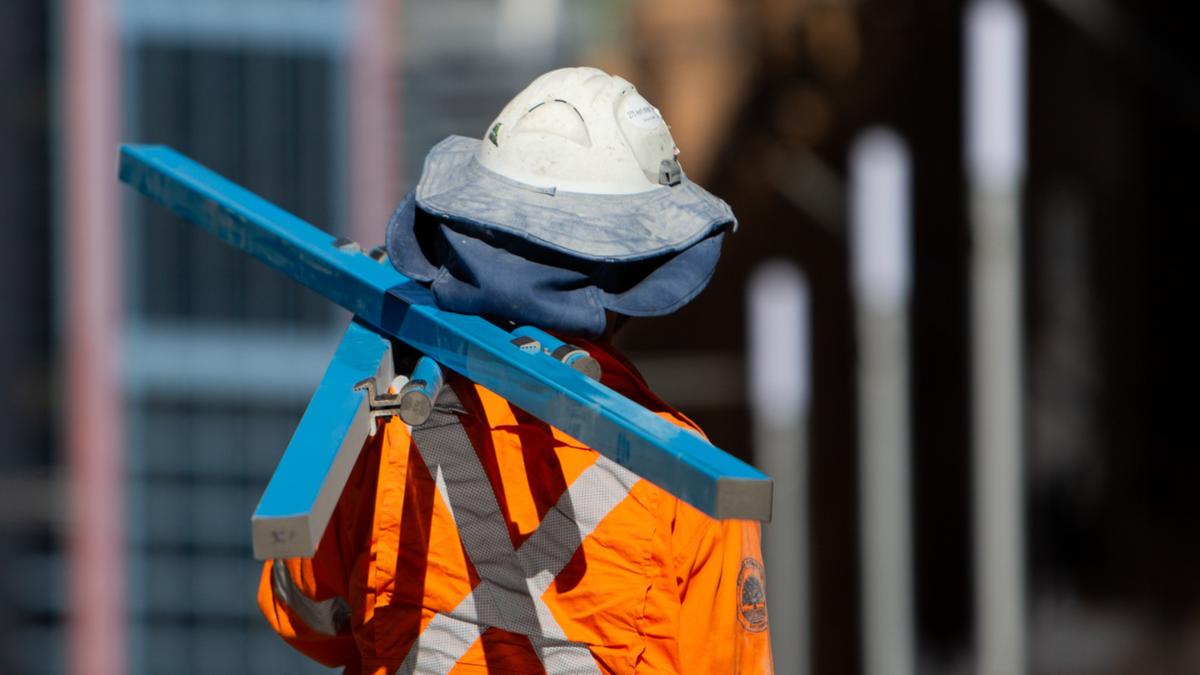
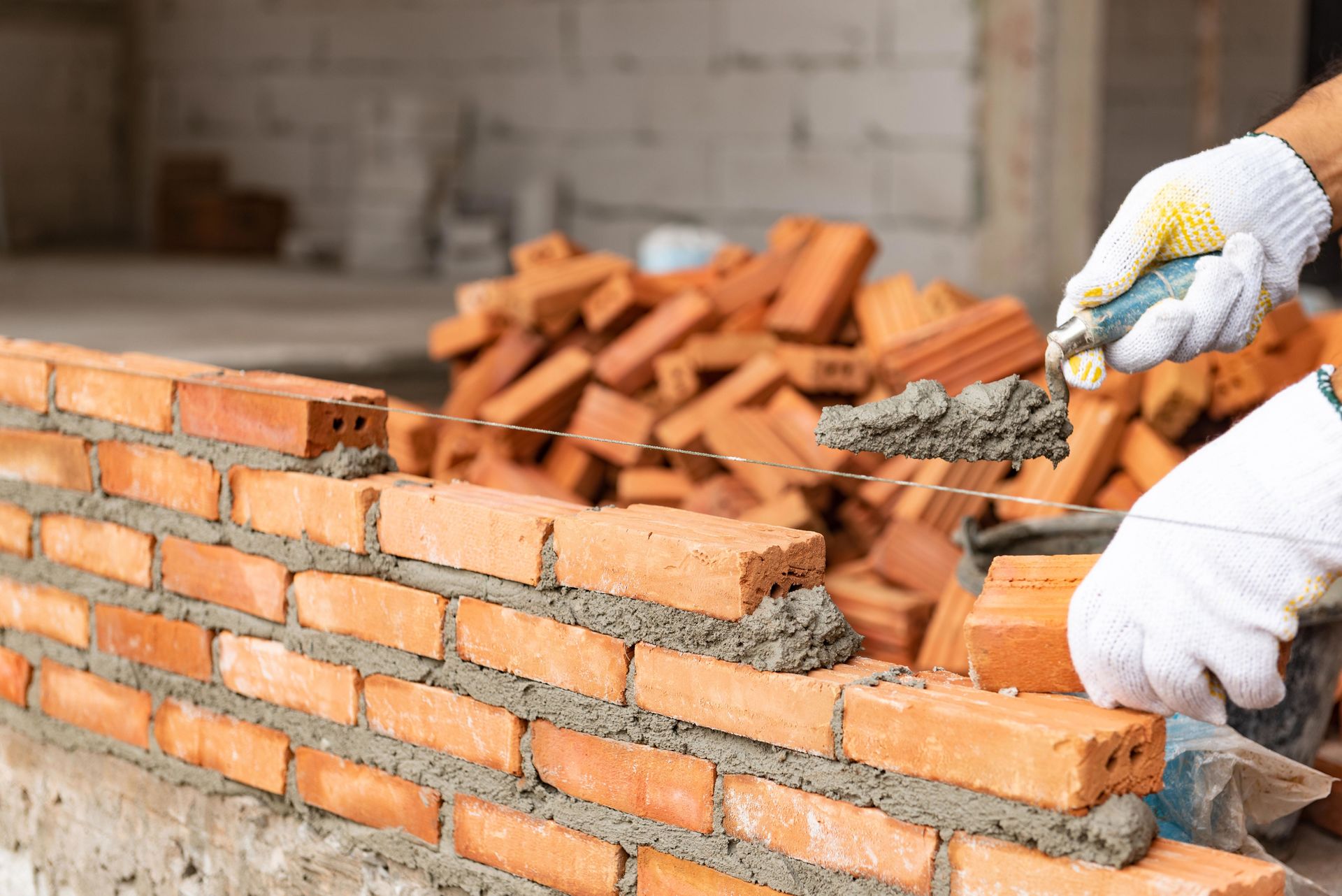


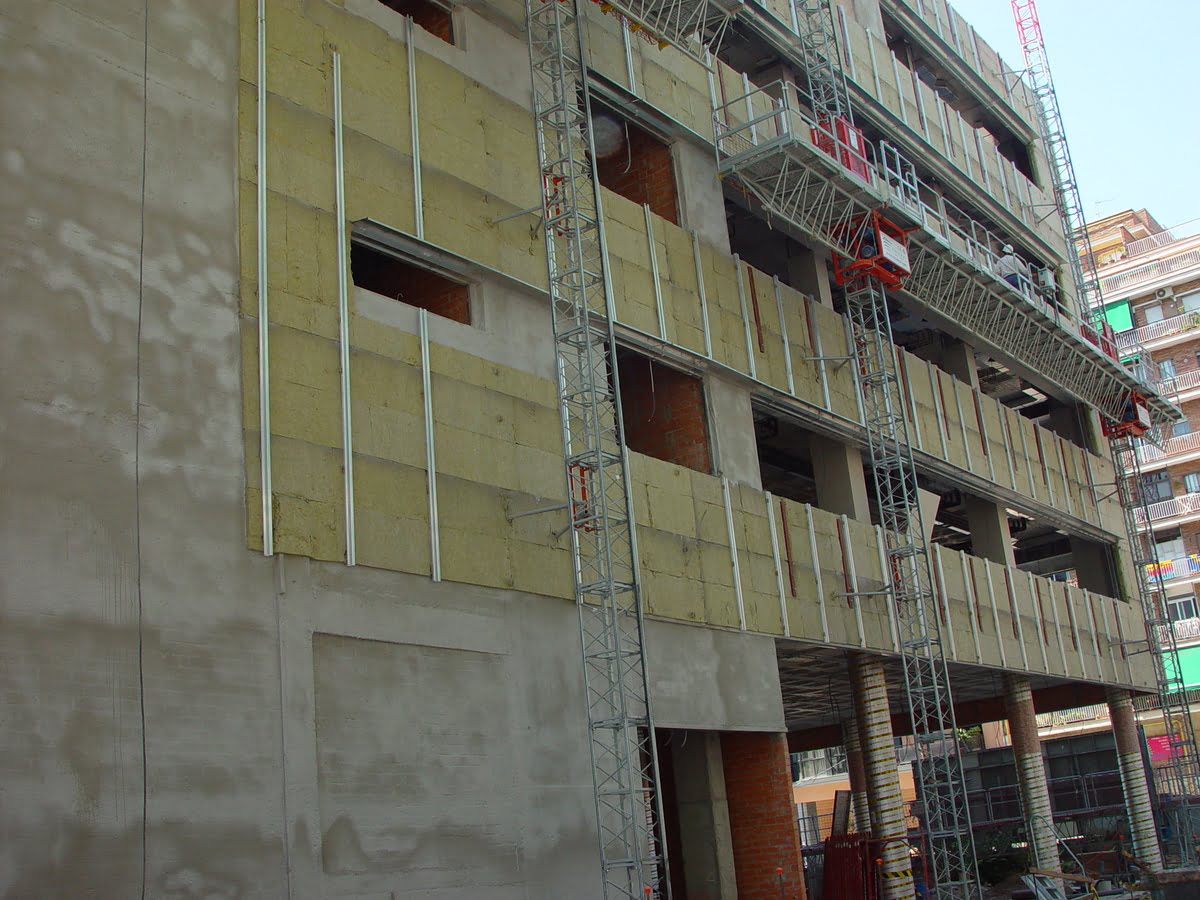
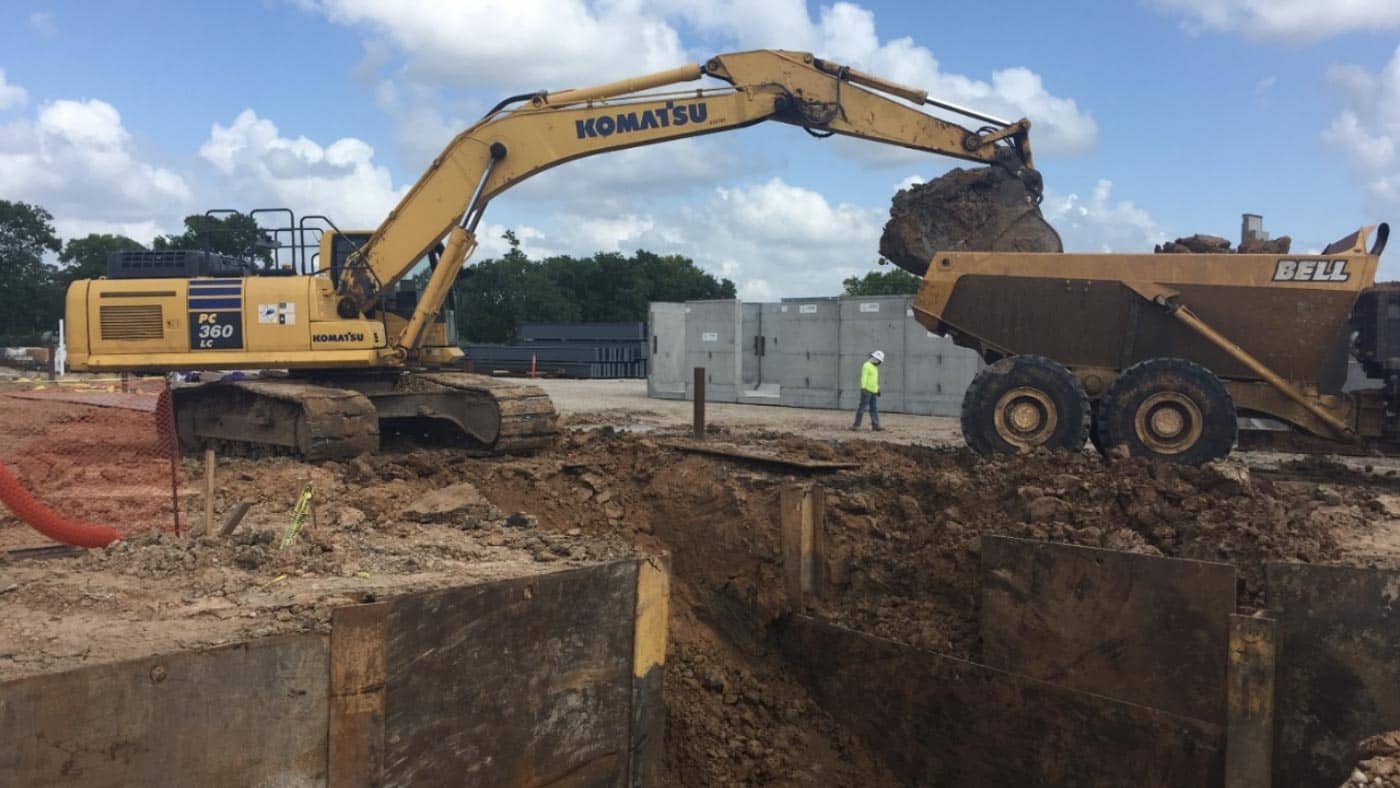
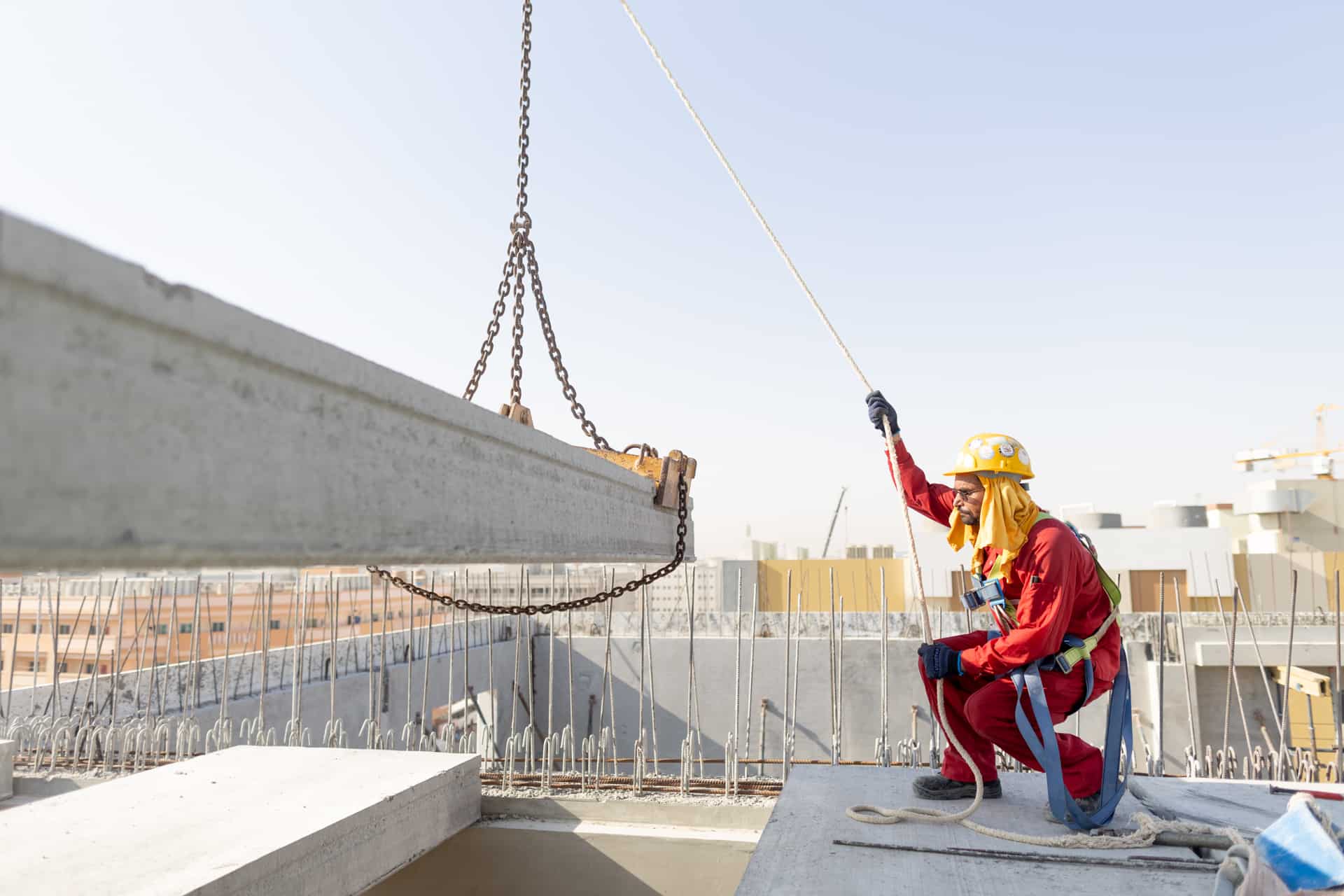
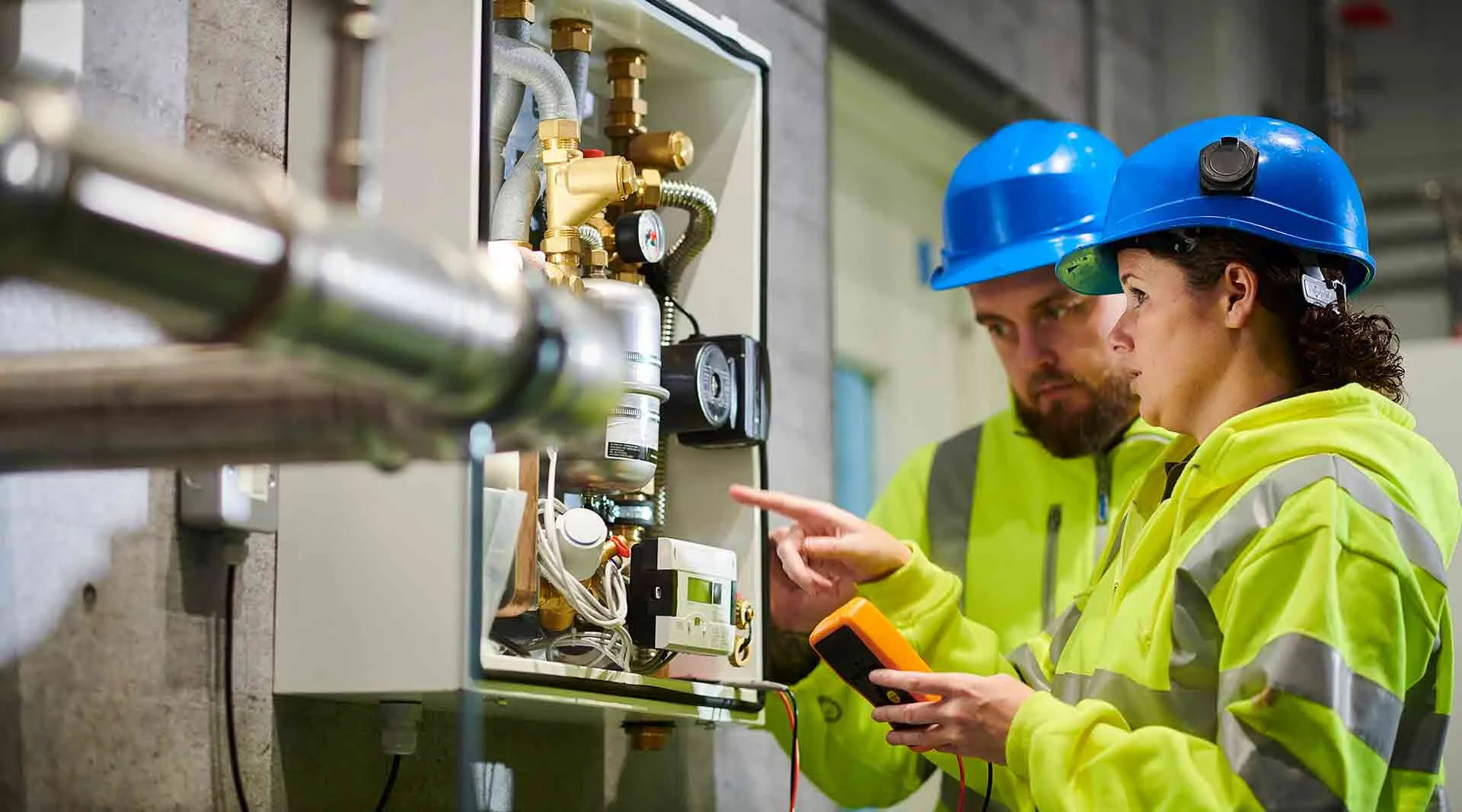
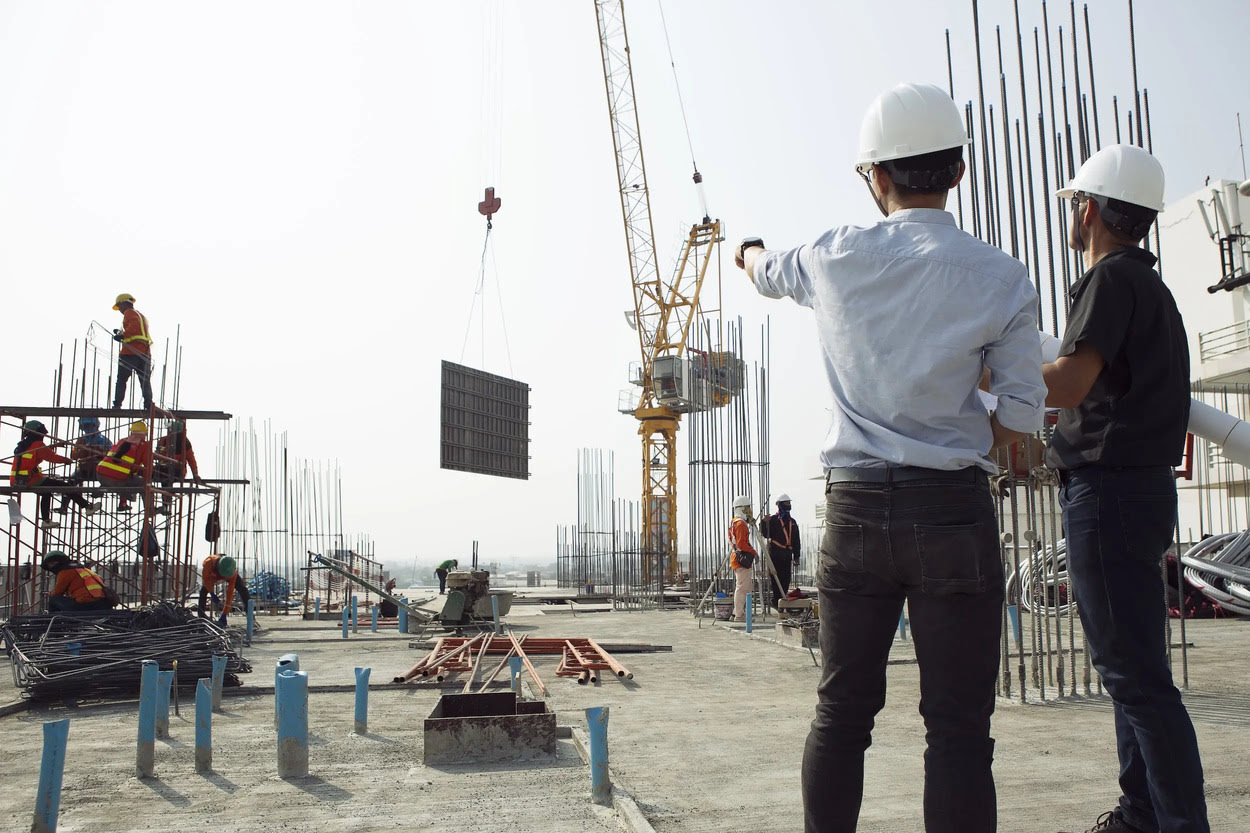

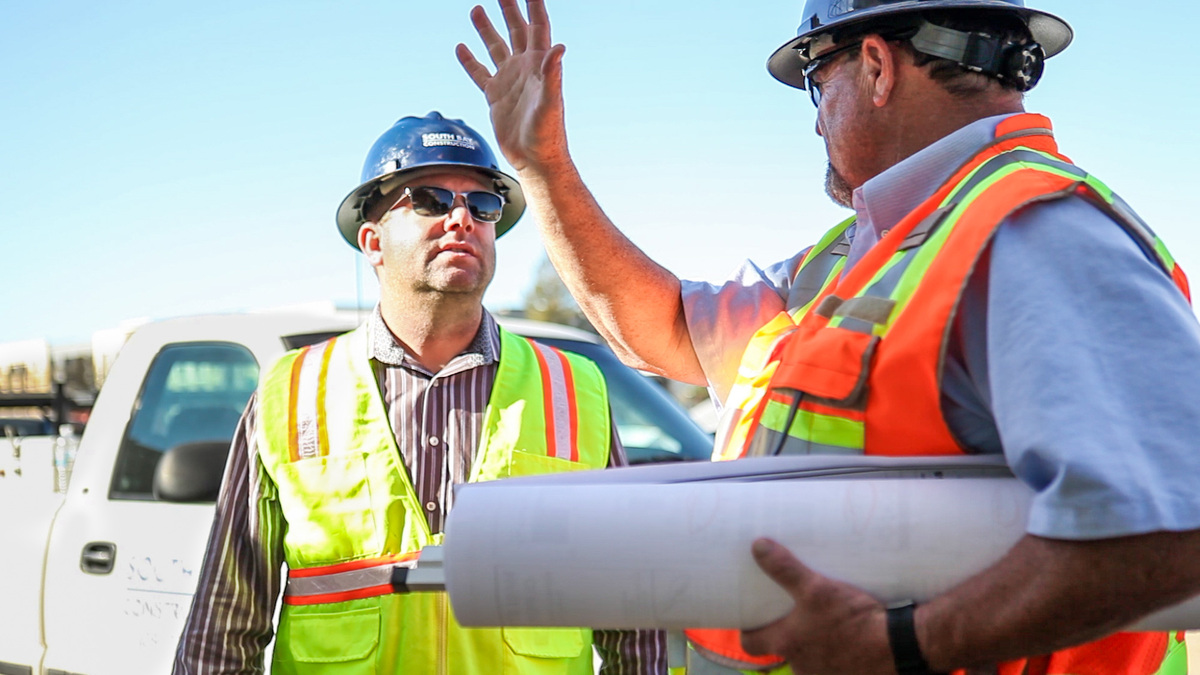
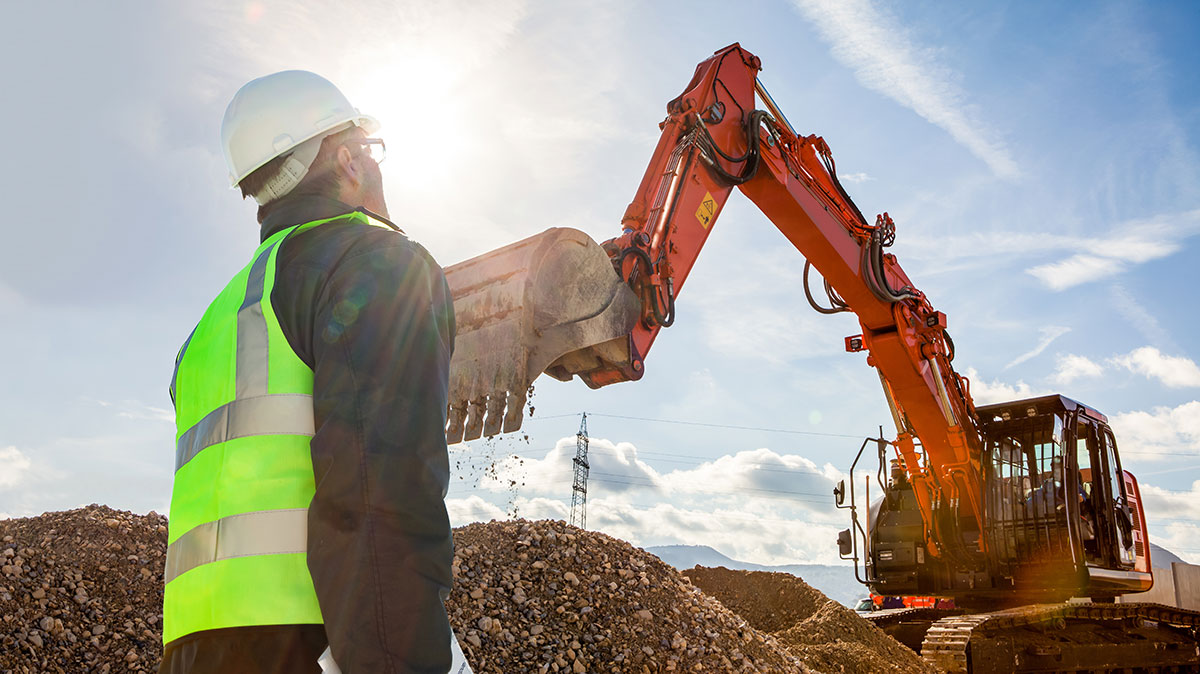
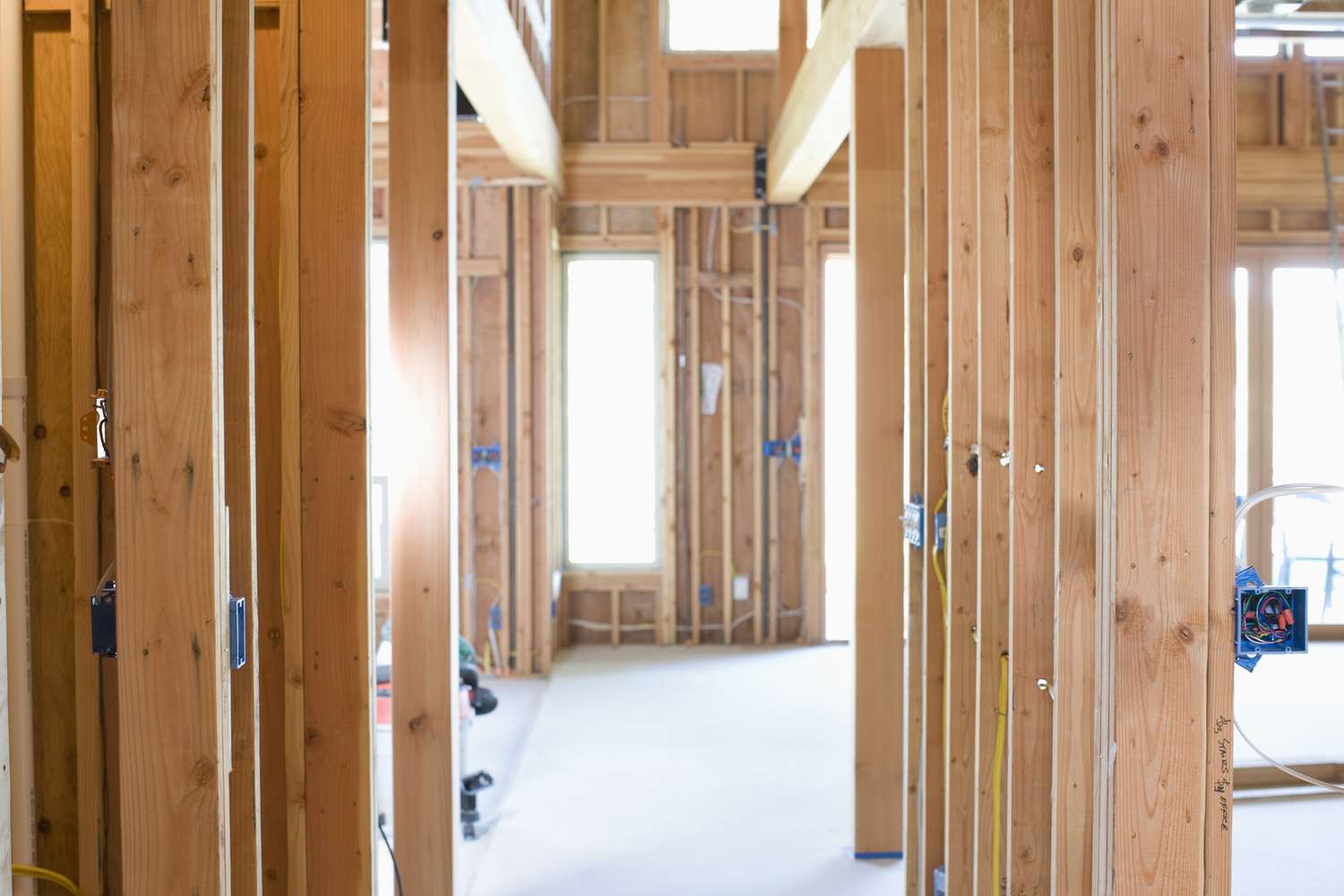
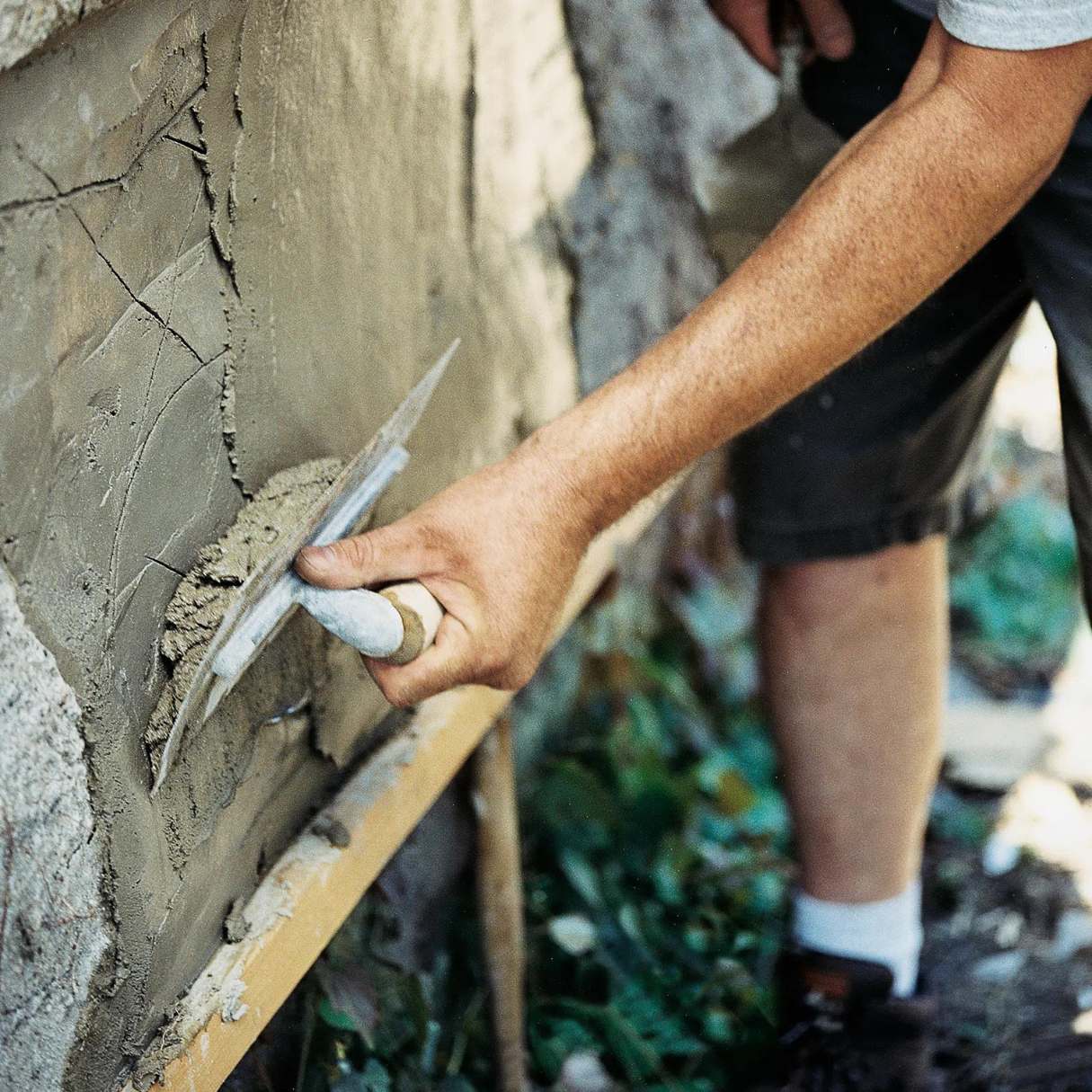

0 thoughts on “What Does QA/QC Mean In Construction”